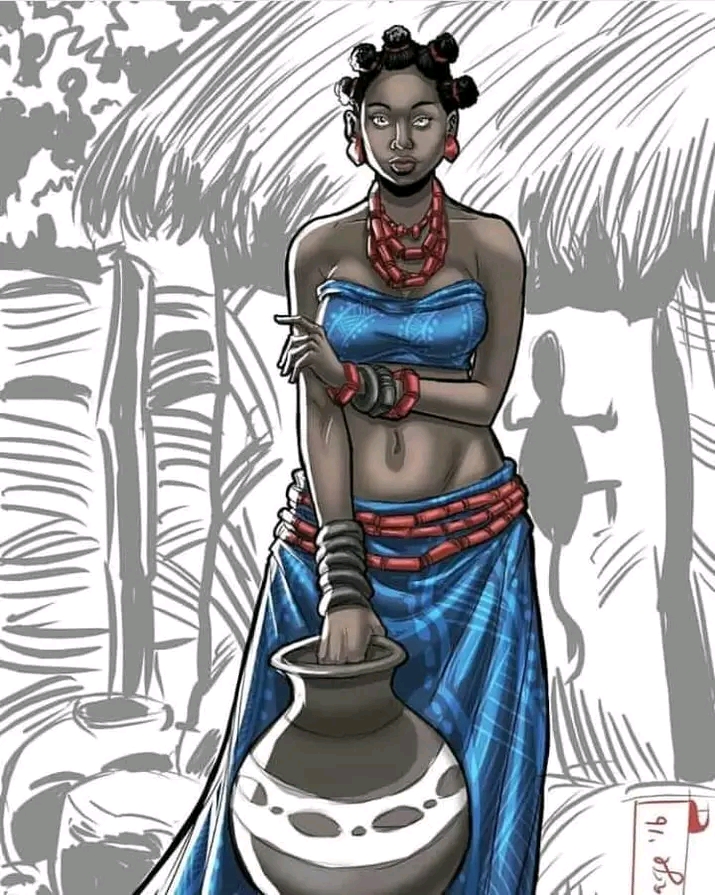Unveiling How Igbo Culture Deprives Women’s Right to Inheritance
In spite of the Nigerian Supreme Court’s landmark ruling in the 2014 Ukeje vs. Ukeje case, which established the equal rights of women to inherit property from their fathers, the reality on the ground in many Igbo communities remains unchanged.
This article delves into the persistent cultural practices in Enugu State that continue to deny Igbo women their rightful inheritance.
In the local government area of Udenu, for instance, Mrs. Uchenna Odo from Ezimo reveals her lack of awareness about her right to her father’s estate, which was divided among her brothers upon her marriage and relocation. This scenario is not isolated, as many women, especially those less educated, remain uninformed about their legal rights.
Educator Margret Okwor comments on the deeply entrenched male dominance in Igbo culture, sharing her personal experiences of being excluded from inheriting communal land recently shared among males in her clan. The cultural norm suggests that women, expected to marry out of their birth homes, should not share in the inheritance of their natal family’s property.
Contrasting experiences come from individuals like Josephine Oyima from Enugu Ezike, who successfully contested her late husband’s relatives over his property. Her case highlights the pivotal role of awareness and legal knowledge in challenging these deep-seated norms.
Cultural and traditional leaders provide varied perspectives on this issue. Ichie Oliver Ozioko, an Offor title-holder, and Dr. Anselm Odo, a medical practitioner and member of Igwe’s Cabinet, both underscore the traditional views that limit women’s rights in property inheritance. They reflect a common belief in the cultural framework that dictates gender roles, often resistant to change due to ancestral traditions.
However, progressive voices like Chief Obiora Itodo, an Igwe-elect, advocate for gender equality in inheritance matters, underscoring the importance of parents’ roles in safeguarding their daughters’ rights, regardless of marital status. This view is supported by Charles Mbamalu, a research fellow, who emphasizes justice and equity in inheritance practices, advocating for a non-discriminatory approach towards children’s welfare.
The legal community, represented by lawyers like Ken Ike and Veronica Ezema, highlights the lack of awareness and the reluctance of women to assert their rights as significant barriers. The need for increased education and sensitization at all levels is echoed by legal professionals and gender rights activists alike.
Ogechi Ikeh, a gender-based activist, and Ngozi Ngene, chairperson of the Nigeria Association of Women Journalists, both emphasize the crucial role of advocacy and strategic engagement at the community level to educate and shift traditional views that hinder women’s rights to inheritance.
